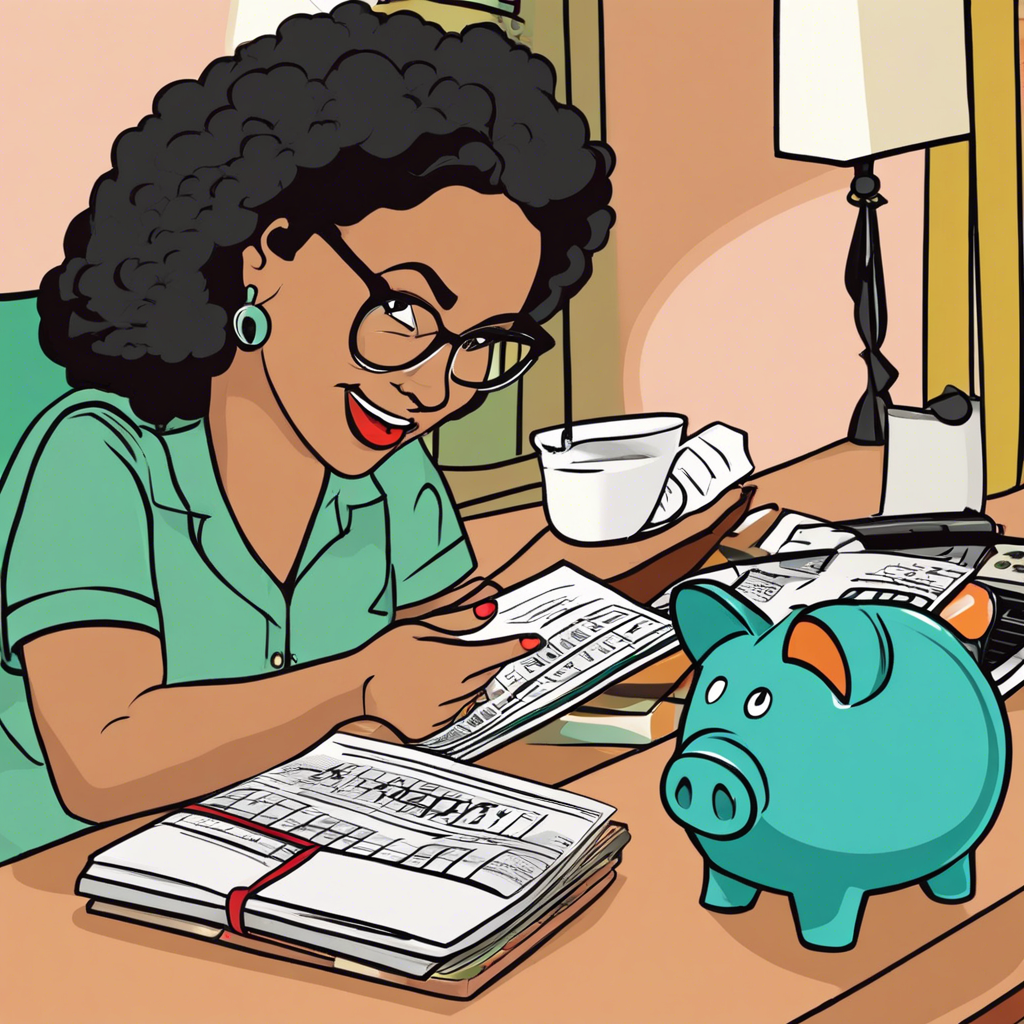Creating a budget is an essential step towards financial control and peace of mind. Managing your monthly bills and being prepared for unexpected costs can significantly improve your financial health. Here’s a comprehensive guide to help you budget effectively and navigate the world of personal finances with confidence.
Understand Your Monthly Income
The first step in budgeting is to identify your monthly income. This includes your salary, investment returns, or any other regular sources of income. Knowing your exact income is crucial as it forms the foundation of your budgeting strategy. Calculate your net income, which is the amount you take home after taxes and deductions. This is the figure you should base your budget on.
List Your Regular Monthly Expenses
Next, make an exhaustive list of your regular monthly expenses. These typically include rent or mortgage payments, utility bills (electricity, water, internet), subscription services, groceries, transportation costs, and insurance premiums. Divide these expenses into two categories: fixed expenses (those that remain consistent each month) and variable expenses (those that fluctuate). This distinction is essential for accurate budgeting.
Allocate Funds for Each Expense Category
Now, it’s time to allocate your income to cover these expenses. Start with the fixed expenses, ensuring that you have enough to cover these necessary costs. For variable expenses, create a reasonable spending plan. For instance, set a budget for groceries and entertainment, ensuring you don’t exceed this limit. Remember, the goal is to spend less than you earn, ideally leaving room for savings.
Prepare for Unexpected Costs
Life is unpredictable, and unexpected expenses can catch you off guard. To manage this, create an ’emergency fund’ category in your budget. Aim to set aside a small portion of your income each month for emergencies. Whether it’s a sudden car repair or a medical bill, this fund can provide financial relief without disrupting your regular budget.
Use Budgeting Tools and Apps
Modern technology offers numerous tools to simplify budgeting. There are various budgeting apps and software available that can help you track expenses, categorize spending, and even provide alerts and reports. These tools can make budgeting less daunting and more efficient.
Monitor and Adjust Your Budget Regularly
Budgeting is not a one-time task; it’s an ongoing process. Regularly monitor your spending to ensure it aligns with your budget. If you find yourself consistently exceeding your budget in certain areas, consider adjusting your spending or reevaluating your budget. Financial circumstances can change, and your budget should reflect these changes.
By following these steps, you can effectively manage your monthly bills and be prepared for unexpected expenses. Budgeting is a powerful tool for financial empowerment, allowing you to take control of your money and make informed decisions. With a well-structured budget, you can reduce financial stress and work towards your long-term financial goals with confidence.
Stay tuned for more personal finance tips and insights here at The Washington Post and BuzzFeed News!


